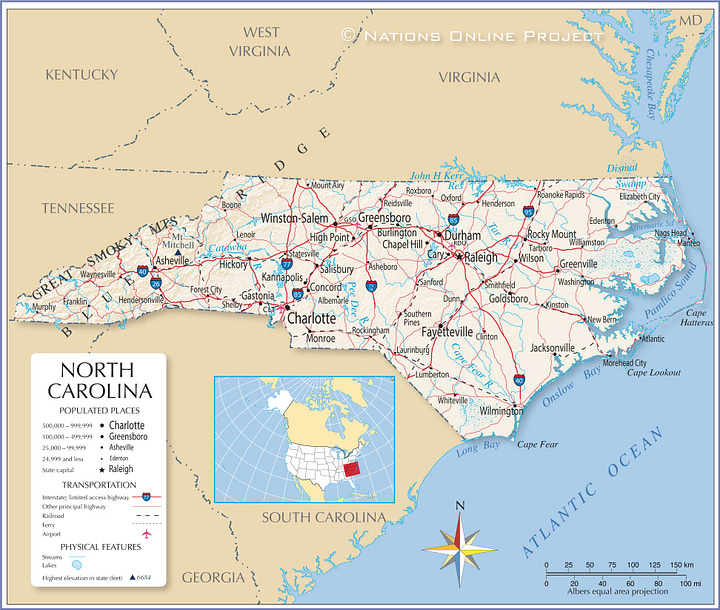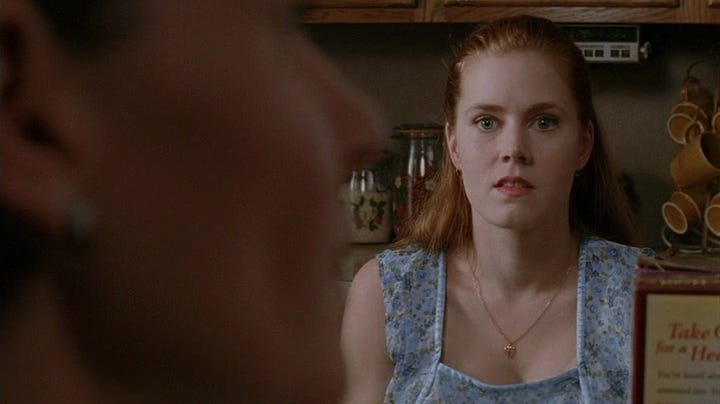50 STATES 50 MOVIES: NORTH CAROLINA
You Don't Have To Be An Elitist Yankee Snob To Be Creative And Talented
Junebug


My longest and most serious relationship was with a native of North Carolina.
Despite growing up where the Deep South meets Appalachia, never graduating college, and never having left the country, he was more creative than me, smarter than me, sharper than me, and more worldly than me. I learned more about life in conversations with him than I e…
Keep reading with a 7-day free trial
Subscribe to Nick Rafter Writes to keep reading this post and get 7 days of free access to the full post archives.




